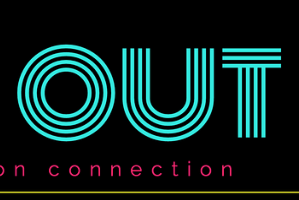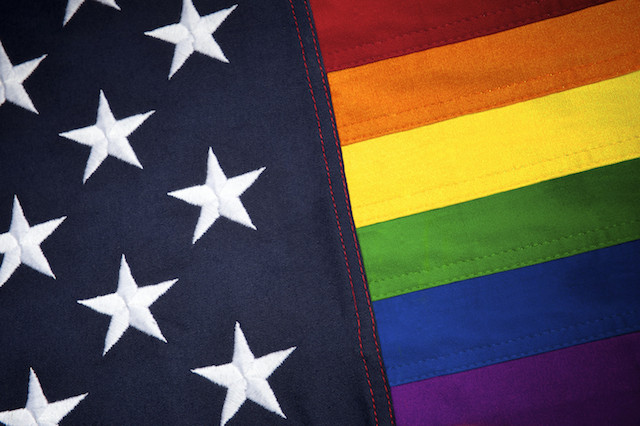


Peculiar. Unusual. Eccentric. Queer. It’s a word with a denotative meaning as broad and varying as the community that now regularly adopts and widely applies its use. In the spirit of gender nonconformity and sexual ambiguity, many members of our LGBTQ community have now found refuge from society’s labels and classification systems under the term queer,a pejorative term that has scarred a vast majority of previous LGBTQ generations. As with many terms that derive from the oppression of various cultures and identities in America, we gays have recently reclaimed use of the word queer and harnessed its connotative powers for ourselves. But herein lies the great debate: how can we, as gay identified people, widely adopt and apply its use without encouraging the continuation of its derogatory application by the majority culture?
“I think it’s a great conversation to have,” says Mary Paradise, LGBTQ activist and Capital Pride board member. “We should have these conversations so that we can all understand it.”
Paradise, who grew up in 1960s and went to college in the 70s, remembers the word’s history all too well. From the suburbs of Michigan to the great city of Seattle, there was no escape from the word’s negative power. Today, Paradise still cringes when she hears the word, though she has come to terms with its adaptation.
“When I was growing up, I heard the word queer, and it was usually spit out with such hatred. It was used very frequently, but it was a very different time,” says Paradise. “The youth of today are quite capable of knowing what they want. The young people who use the word queer as a self identifier use it with joy and love.”
So where did the word come from and how did we find ourselves in this queer situation in the first place? The word was first used slanderously in the early 20th century. Shortly after, the male homosexual community adopted it until World War II, when the great shift from queer to gay occurred. This shift created a uniformed group where the individual was identified solely based on his sexual attraction, leaving gender expression out of the discussion. It is for this reason that in the 1990s, the word queer experienced a resurgence of sorts. Queer Nation, an LGBTQ activist organization, took on the term as a means of reclaiming sexual identity. The organization chose its name not as an indication of internalized homophobia, but rather as a means to fight homophobia at large, emphasizing how the rest of the world views the community.
In the wake of the popular adaptation of the word queer, it’s important to understand that queer is not synonymous with gay. While gay is defined strictly in terms of one’s sexual attraction, queer advances beyond restrictive limits of gender and sexuality to accommodate a multiplicity of sexualities and genders.
“Within the past four to five years I’ve identified as queer. Both my sexuality and gender are queer,” says Ev, a trans-masculine member of our community. “I never could really identify as a lesbian because I always felt it didn’t really fit me. Queer just feels right. Although I’m transitioning, I’m never going to get rid of my queer identity.”
For individuals like Ev, the term queer functions as a safeguard against marginalized gender and sexual norms. The word queer is pivotal to Ev’s expression of individual identity, and he believes that knowing and understanding the word’s history is an important step toward bridging generational gaps in the LGBTQ community.
“I think some people are deeply hurt by it. They were abused by that term so much that I can understand why someone wouldn’t want to identify with it. It’s interesting and cool that we’ve been able to reclaim it, but we need to know where it came from.”
The beautiful thing about language is that its dynamic is always changing. Though we may never be able to remove the stigma associated with the term queer, we must seize the opportunity to utilize the great power of language for our own benefit. It is possible to make queer a neutral term—and at best, a positive one. If we love the word, the hate diminishes. When the very speech that was once used by an intolerant society can be transformed as a source of empowerment within the individual, the word loses its ability to degrade. Those who seek to demean our sexuality and gender will have no choice but to realize that we are here…and queer!